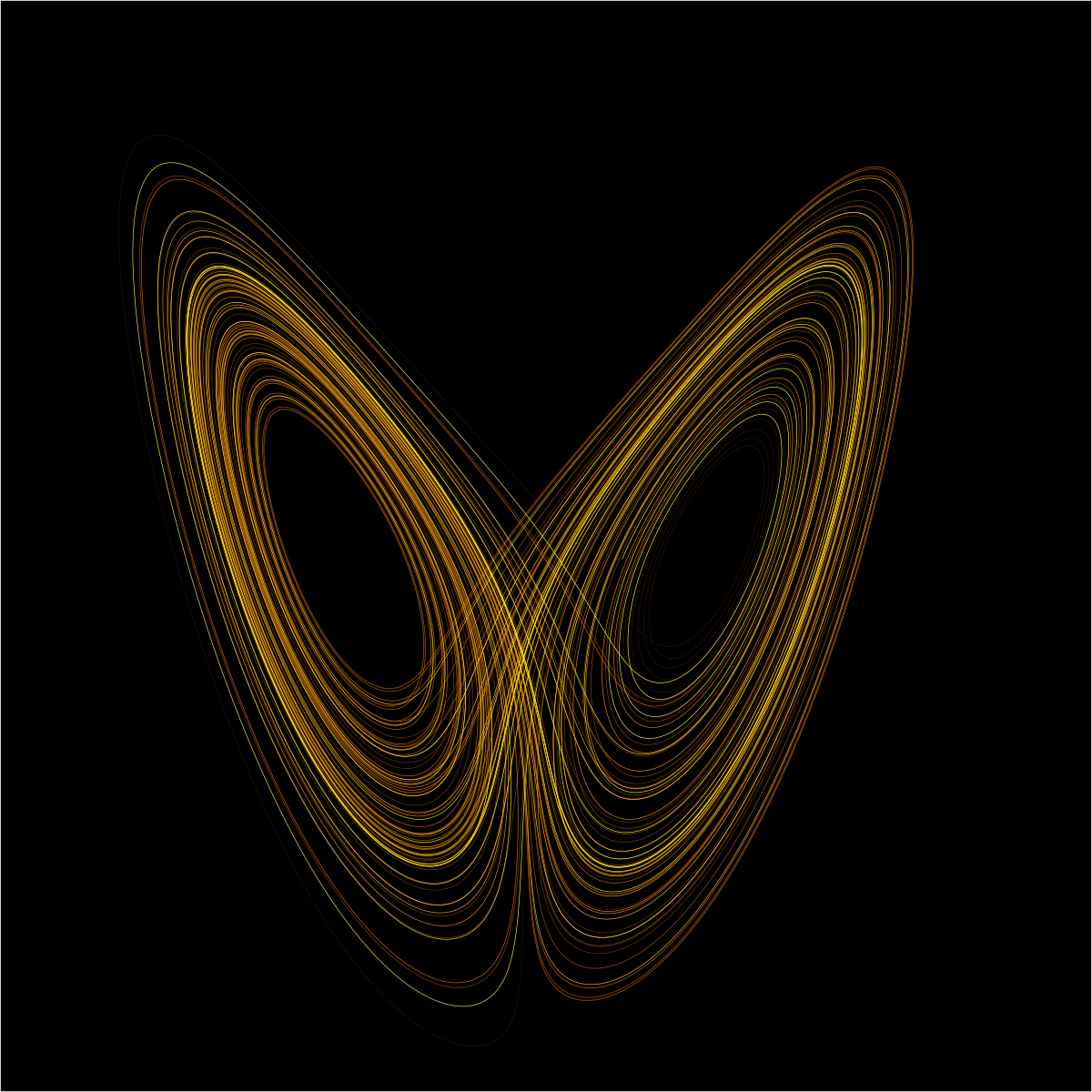
What Makes What We See, Touch, and Brethe?
Learn about atoms, the fundamental building blocks of all matter in the universe.

The Paradox of Time
Is humanity the creator of time or is time a notion that precedes any understanding of the universe? Does time make us grow old or are we fleeting entities flowing through a boundless, timeless universe?

Thinking inside the box: The world of Quantum Mechanics
In order to fully understand the ideas in the world of quantum mechanics, one must differentiate their understandings of the quantum world with that of the everyday world. In our world positions, momentums, and other quantities are always well-defined. If you were to look at a fire hydrant, it will be red, and it will have been red before you were to look at it; if you were to look at the pavement, it will be grey and it will have been grey before you were to look at it. The quantum world, however, is far different.

What is String Theory?
In 1803, John Dalton revolutionized the world with his creation of atomic theory. Dalton founded the approach that all matter, everything in the world, is made up of these small indivisible particles called atoms. While mostly correct, mankind has learned so much about the atomic world and has developed new theories in understanding just how our world works. Now, for the past 50 years, scientists have been working on a fundamental theory in hopes of defining EVERYTHING, and they call it string theory. String theory proposes that all matter is composed of minute vibrating strings. I know what you’re thinking, it sounds wild, and I agree, but before we get to that, let’s learn a little about the background behind string theory.

Chaos to Cosmos: The Big Bang Theory
The observable universe spans 93 billion light-years across (for reference 1 light-year is approximately 6 trillion miles or 9 trillion kilometres). Our universe is ever expanding, but 13.8 billion years ago it was incomprehensibly small. This article from Science ReWired explores the origin of the universe detailing how our world began and the incredible conditions that allowed for such an unbelievable formation of the universe.

Fables of the God Particle
On a larger scale than particles, there exists what we denote as fields; not like a soccer field or football field, but like invisible force fields. These fields, while not visible to the human eye, are rather important to the formation and behaviour of our universe.

The Uncertainty Principle Debunked
Imagine that you shine a laser through a slit. The narrower you make the slit, the narrower the light gets. However, at a certain point, eventually, the light counterintuitively starts getting wider and wider, even though the slit is getting narrower. But why does this happen? This article from Science Rewired will delve into the phenomenon of the uncertainty principle and why it happens.

Do I have Free Will?
The common notion regarding physics defines science as a banal entity, where equations and formulas dominate one’s worldview. However, science is far more than what is displayed in textbooks and dissertations; science is the sole root to understanding the universe and the complexities which it holds.

Black Holes & Hawking Radiation
Time is the most deceptive idea in the universe. It is a paradoxical entity, contradicting itself. While its flow may be linear, it is far from a steady-moving system.

Oh, Optics
How do you see what you see? How do you take in the world around you? How are you looking at this article right now? The answer is optics. By studying optics, scientists can not only find out how we can see the world around us, but they can also figure out the intricacies of radiation and even the types of light we can’t see.

The Arrow of Time - A Coin Toss Away from Disorder
The Second Law of Thermodynamics states that the entropy of the ENTIRE universe, considering the universe as an isolated system, always increases over time. Or in other words, each reaction that occurs adds to the universe’s entropy. And, in dramatic terms, with every passing day, the universe becomes more and more disordered.

Quantum Dots: Tiny Particles with a Big Future
Imagine a world where technology is so advanced that it can create materials that are brighter, more efficient, and more versatile than anything we have seen today. This is the world of quantum dots, tiny particles revolutionizing how we live and work.

Entropy: Why the Universe Exists Today
Entropy is one of the most important topics in physics. It is the reason the universe exists and the reason why it will die. It may be the reason why time flows forward and, also, why you are alive right now.

Bridging STEM and Art Through Poetry
The Europa Clipper, a mission spearheaded by NASA, aims to explore Europa, one of Jupiter’s moons, known for its potential to harbor life beneath its icy surface.

Chaos Theory
Imagine a butterfly flapping its wings in Brazil and setting off a tornado in Texas. While this may seem like science fiction, it's a simplified way of illustrating the essence of chaos theory. Chaos theory is a branch of mathematics and science that has fascinated scholars, philosophers, and enthusiasts for decades. It's a mesmerizing concept that demonstrates how small, seemingly insignificant events can lead to large, unpredictable outcomes. In this article, we will embark on a journey into the fascinating world of chaos theory.

Quantum Debates
Do I exist? Does a world exist beside me? Do I cease to exist on bodily death? I want to combine philosophy and science. Rather, I want to use science to answer questions regarding philosophy. I want to understand the world much closer to what Einstein was striving for rather than Heisenberg. We need a concrete, cohesive understanding of the world we cannot view, the world we cannot touch.

The Forces of the Universe
The 4 fundamental forces of the universe are the strong force, the electromagnetic force, the weak force, and the gravitational force. These forces are the entire reason the universe exists, and they explain how the universe works.

Many Worlds: The Multiverse is Real?
When a quantum particle is measured, it loses its superposition and is measured to be in a specific state. This collapses the wave function of the particle into a single point. When the wave function collapses, the outcome measured can be any of the points inside of the wave. This discovery introduced probability into our understanding of the universe.

Quantum Computing: Breaking the Limits of Human Technology
Most transistors are around 14 nanometers long. This is 500 times smaller than a red blood cell! However, as transistors shrink to the size of just a few atoms, the electrons transport themselves to the other side of the gate in a process called quantum tunneling. This is where quantum physics comes into play.

Neutron Stars: From Supernovae to Kilonovae
Neutron stars are the remains of dead stars. Stars exist as a balance between gravity and the outward force of fusion. Gravity compresses the hydrogen towards the core of the star; the energy from fusion reactions create an outward force that pushes against gravity.